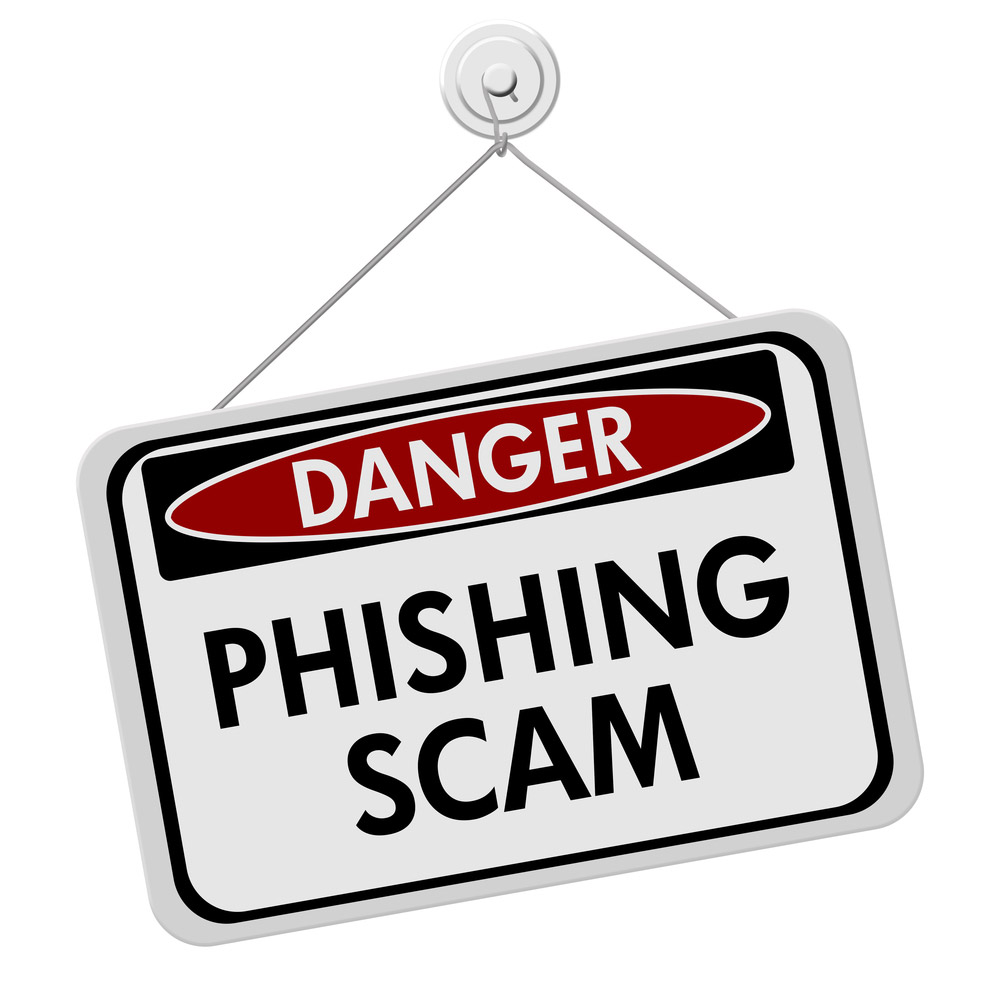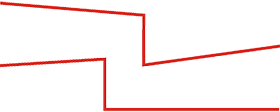(Written by Sohaib-ul-Hassan)
The recent ATM hacks showed us one thing, you can never be too careful about your bank account information. I thought it prudent to look up how to secure your bank account and provide that information for everyone to read.
The first and the most obvious thing you need to do is to make sure no one gets access to your account number.
Here is a scary thing though, we give our account number to strangers with our own hands.
How?
While you write cheques for payments etc.
This is how the fraudulent people are given an opportunity to get their hands on our bank account numbers, as a cheque has every detail they need to hack an account.
Also: Click here to learn how to lose weight fast.
Secure your Bank Account and Avoid a Cheque
You can opt for person to person (P2P) banking service instead of writing cheques. It will keep your account number safe from those to whom you may owe some money which could lead to a fraud.
Another option is to make use of the debit and credit cards in place of checks. It can lower the risk of your confidential information being leaked.
Thirdly, always go for electronic payments in case of payments like mortgage, debit card payments, etc.
Online banking is another option that can help you avoid the use of a cheque. But that presents another challenge, keeping the online account safe. I will address that below.
Secure your Bank Account through Strong Password
Go for the smartest and strongest options while opting for the password of your bank account.
You must not use the same password for multiple accounts. If a fraudster knows one of your passwords than they can easily try the same on your bank account and get access.
You will practically be giving your money away if you do this.
A strong password should contain special characters and it shouldn’t be something obviously related to you.
Some banks also offer biometric security, check to see if your bank has that option.
Bank Statements
Another way for fraudulent people to get their hands on our bank account information is the statements which are issued to you by the bank.
To avoid any risk, make sure that you have signed up for the electronic statement and do not go for paper statements as anyone can get access to those.
Shredding the documents can also be helpful in making sure that your bank account information is not accessed by any undesired person.
Moreover, any document or thing which may contain your account number must be kept very close to you in a safe location. It can either be your safe at home or a locker at the bank.
Avoid Phishing Schemes
A mistake most of the people make is to believe imposters asking for bank account login details, pretending to be bank representatives.

Your bank never requires you to give such details for any task. Be aware of this type of trick by an intruder.
Law enforcement agency would rather contact your bank instead. So, never give out your bank information online or phone.
If you think that there is something suspicious about an email or a phone call, simply call your bank’s official helpline and ask them about it. They will clear it up right away.
Keeping your Computer and Phone Locked
Keeping your computer and phone unlocked will be an open invitation for people to come and take your money.
Always make sure your computer and mobile phone are secured by possibly biometric security features or the traditional passwords and codes.
Avoid Public Internet Connections
Last but not the least, do not use public Wi-Fi for professional tasks involving access to your bank account.
The reason is that public places like coffee shops, restaurants, and other places do not have a secure internet connection and any novice hacker can get into your account.
Adhere to these rules and make sure that whenever you are conducting a transaction you are aware of everything that is going on around you.
At the ATM, bank, online, or anywhere else, stay on your toes, secure your bank account, and keep your money safe!

